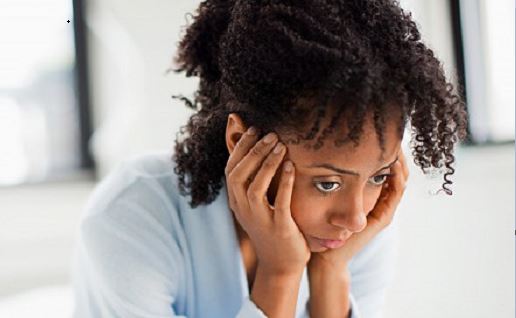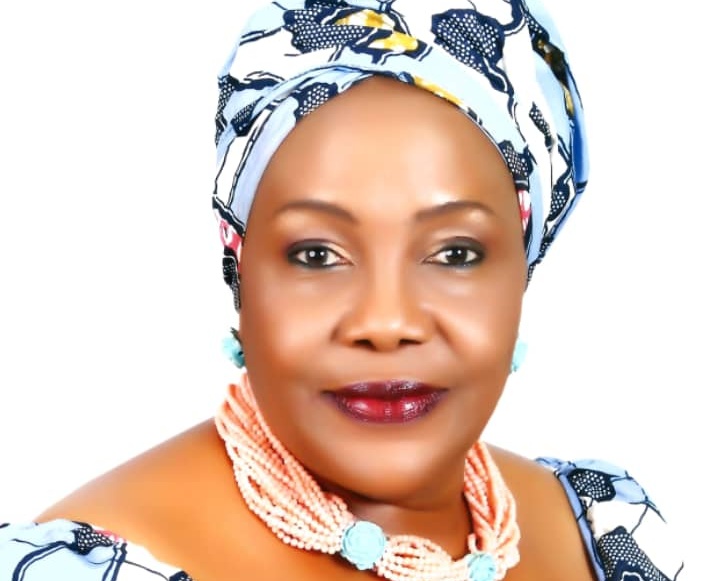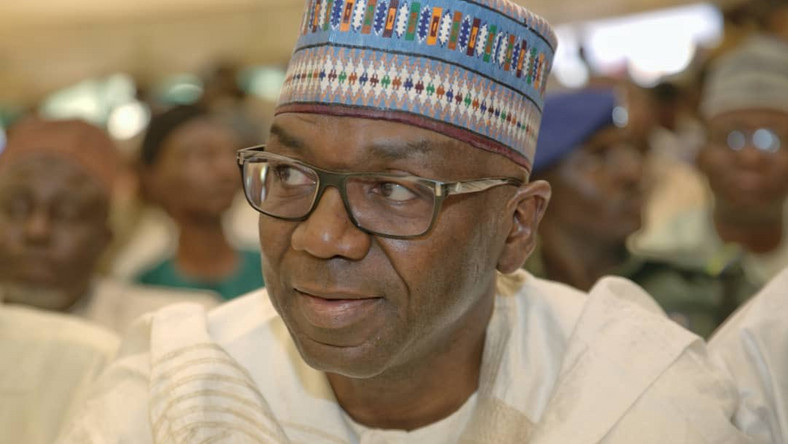BY TEMPLE ORAEKI AND IFEOMA CHETA OKONKWO
Every May 28, the world celebrates Menstrual Hygiene Day to raise awareness about menstruation and demystify the myths surrounding the circle. There’s a deafening silence around menstruation topics, which has had ripple effects amongst young girls. Millions of menstruating girls across the globe are faced with myriads of challenges ranging from inability to afford hygienic sanitary pads to lack of water and toilet to safely manage their periods. These challenges are further exacerbated by the COVID-19 pandemic. Many families, especially in developing countries, are already grappling with the tough decision of using the limited available water they can access to meet their multiple needs of drinking, cooking and regular handwashing during this pandemic. And because periods cannot stop for pandemics, women and girls have had even tougher decision to make on how to manage the scarce water resources to maintain their hygiene during menstruation.
At a menstrual hygiene workshop in Onuagba Community, Enugu State, Nigeria to educate young girls on menstrual health and hygiene, we were taken aback when only 1 out of the 35 participants was confident enough to talk about her menstruation experience, while only 3 out of the 35 participants, confirmed they were taught about menstruation before they started menstruating. This goes a long way to explain the lapses in menstrual education which has had various negative impacts on the lives of women and girls. Discriminatory social norms, cultural taboos, poverty, reproductive tract infections and even deaths have continued to rise because of the silence around menstruation topics. Many girls have lost confidence and belief in themselves due to period shaming. In extreme cases, some resorted to taking their lives. This is a totally unacceptable situation, though it is evident of a failed society.
There are lots of undocumented cases of girls who have either taken their lives or whose mental state has deteriorated due to period-shaming or stigmatization. It is disheartening that period-shaming do not only exist in households, but also persists in schools that should serve as citadel of learning. The widely reported case of a 14-year-old Kenyan girl who took her life because she was allegedly period-shamed by her teacher, is just one out of so many.
Advertisement
In line with this year’s theme: #ItsTimeForAction, it is pertinent that we all play our part to ensure that every child (boys and girls) is educated about menstruation, whilst giving the girl-child the support needed to manage her period.
THE JOURNEY TO END PERIOD POVERTY IN NIGERIA
Period poverty is when a girl cannot afford menstrual products during menstruation and it has been cited as the main reason why young girls routinely stay away from school, especially in developing countries like Nigeria.
Advertisement
In a country where over 82million people live below international poverty line of $1.90 per day and sanitary pad costs about $1.20 per pack, there’s no gainsaying the ordeal faced by women and girls to access hygienic sanitary materials. Several stakeholders and advocates have appealed for an end to all the taxes on menstrual hygiene products (including sanitary pads) and passage of the menstrual hygiene bill by the National Assembly. In 2019, TheCable reported that Wunmi Onanuga, chairperson of the committee of women development and social development, and four other lawmakers moved a motion on the matter at the plenary session.
In the wake of an investigation carried out by TheCable in 2019 on period poverty, the ministry of women affairs also confirmed that it has embarked on an initiative to subsidise the cost of sanitary pads for school girls in the country. This was stated during a press briefing to commemorate the International Day of the Girl in October 2019. Seven months after, there has been no evidence to show any progress made in this regard, as disposable sanitary pads still sells for about $1.20 per pack.
Many women and girls in Nigeria still wonder how to get sanitary pads that they can’t afford. The pandemic has made it even tougher for families, whose source of livelihood has been paused, to access hygienic sanitary materials. Despite the increased ordeal that came with the pandemic, it has offered us another opportunity to revisit this bill and bring an end to period poverty.
MENSTRUAL HYGIENE AND THE GLOBAL GOALS
Advertisement
Menstrual Health Hygiene is a key driver to achieving other Sustainable Development Goals (SDGs). When the girl child maintains a good hygiene during menstruation, it gives her good health and wellbeing (Goal 3), when she is educated about the process of menstruation and provided with adequate WASH facilities (Goal 6) to manage her period, she won’t miss school days as most girls do now (Goal 4) which in turn affects economic opportunities (Goal 8). When the various myth and cultural taboos associated with period are done away with, it will foster gender equality (Goal 5). When sanitary pads are made readily affordable for the poor and vulnerable girls in rural communities, poverty (goal 1) and hunger (goal 2) are significantly addressed.
Oraeki is WASH advocate and Nigeria country director of Hope Spring Water Charity Foundation.
Okonkwo is a WASH advocate
Advertisement
Views expressed by contributors are strictly personal and not of TheCable.
Add a comment






